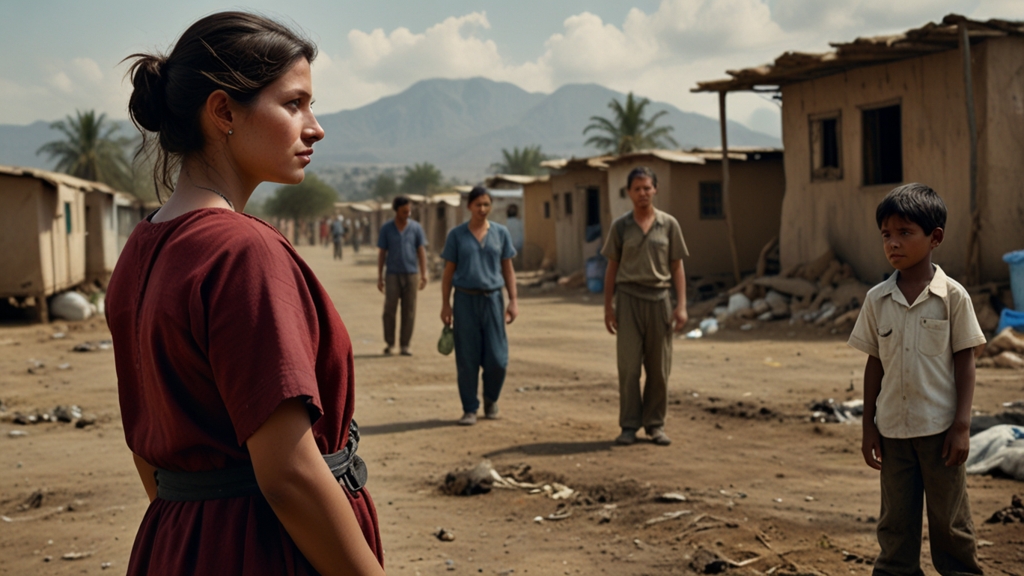What History Can Teach Us About Avoiding Another World War
In an era of geopolitical tensions and the ever-present threat of conflict, understanding the lessons of the past is crucial in steering the world away from another devastating global war. History, if studied earnestly, offers valuable insights into the root causes of conflicts and the strategies that have either mitigated or exacerbated them. By examining key historical events and decisions, we can identify patterns and develop approaches to foster a more peaceful future.
The Causes of World Wars
The origins of the two World Wars in the 20th century are multifaceted, involving complex interplays of nationalism, militarism, alliances, and territorial disputes. The Treaty of Versailles, which ended World War I, is often cited as a contributing factor to World War II due to its harsh reparations and the humiliation it imposed on Germany. The economic depression and rise of totalitarian regimes in the interwar period further paved the way for conflict.
"The road to another war is paved with the unattended grievances and unaddressed inequalities of the past." - Anon
Understanding these causes is vital in avoiding their repetition. The international community must comprehend that punitive measures and economic distress can sow the seeds of future conflicts. Therefore, policies that promote dialogue, reconciliation, and inclusive economic development are essential in maintaining global peace.
The Role of Diplomacy
Diplomacy has always been and will continue to be a cornerstone of international peace. The Congress of Vienna in 1815, which aimed to prevent the rise of another Napoleonic figure, and the creation of the United Nations post-World War II are prime examples of diplomatic efforts to preserve peace. Although not flawless, these structures have played crucial roles in stabilizing the geopolitical landscape.
Effective diplomacy hinges on mutual respect, open communication, and the ability to compromise. Establishing forums for continuous dialogue can help nations to address their differences without resorting to armed conflict. Additionally, involving a diverse array of stakeholders, including smaller and non-aligned nations, in diplomatic processes ensures more balanced and fair solutions.
Economic Interdependence
The concept of economic interdependence posits that countries that are economically connected are less likely to engage in conflict. By fostering bilateral and multilateral trade agreements, nations create mutual dependencies that can dissuade aggressive actions. The European Union, for instance, has been a prominent example of how economic unity can help maintain political stability in a historically conflict-ridden continent.
"Trade is the natural enemy of war." - A. J. P. Taylor
Encouraging economic collaboration on a global scale therefore becomes a strategic imperative. Such collaborations can generate the economic incentives needed to maintain peace and redirect the focus from conflict to prosperity.
Promoting Human Rights and Justice
One of the critical lessons from the past is that peace is unsustainable without justice and respect for human rights. Totalitarian regimes thrive in environments of oppression and inequality, often leading to internal and external aggression. The global community must champion human rights, the rule of law, and democratic governance to prevent the emergence of oppressive regimes.
Efforts such as establishing international courts and tribunals help to hold leaders accountable for their actions, thereby deterring acts of aggression. Furthermore, supporting grassroots movements and civil society organizations can empower citizens to demand their rights and hold their governments accountable.
Conclusion
History's lessons are invaluable in our quest to avoid another world war. By understanding the causes of past conflicts, promoting effective diplomacy, fostering economic interdependence, and championing human rights, the global community can lay the groundwork for lasting peace. It is through these ongoing efforts that we can hope to create a world where future generations are free from the scourge of global warfare.














